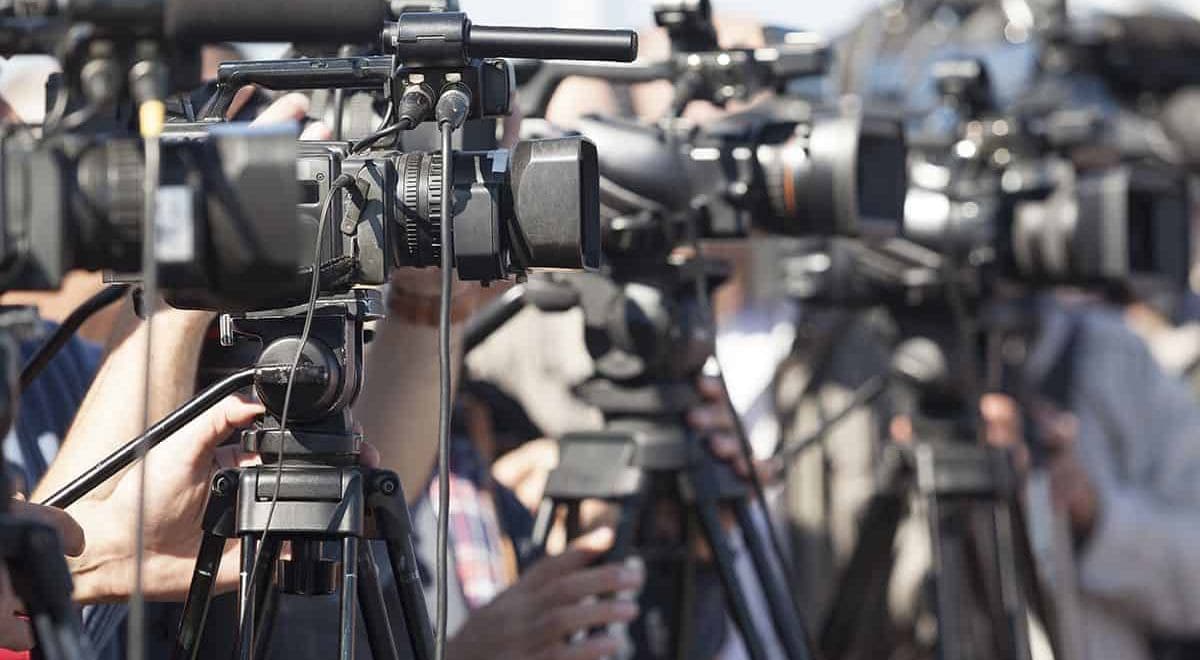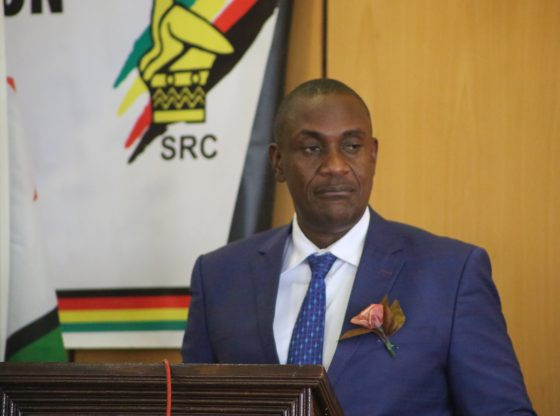
BY EVANS MATHANDA
There is a famous saying that “without journalism, there is no democracy.”
It is a statement that Zimbabwean authorities need to listen to carefully given the events of last week where two journalists spent two days in detention for doing their work.
Alpha Media Holdings journalists Blessed Mhlanga and Chengeto Chidi’s arrest showed that authorities are not being sincere when they say they are committed to protecting rights to freedom of expression.
Zimbabwe has a long established culture of harassing journalists since the era of Robert Mugabe.
After the coup that toppled Mugabe in 2017, President Emmerson Mnangagwa vowed to preside over a second republic that upholds democracy, among other facets of good governance.
Mnangagwa’s track record, however, is turning out to be worse than that of Mugabe.
Journalists continue to be harassed, imprisoned and intimidated. The situation has become worse in the Covid-19 era.
- Chamisa under fire over US$120K donation
- Mavhunga puts DeMbare into Chibuku quarterfinals
- Pension funds bet on Cabora Bassa oilfields
- Councils defy govt fire tender directive
Keep Reading
Looking at the number of female journalists, who have been harassed by the police during their course of work as accredited reporters, one can say that journalism is under siege and it is our obligation and our will to defend it in order to protect our fragile freedoms.
Globally, press freedom is in retreat.
Around 85% of people live in countries where press freedom has declined over the past five years, according to an analysis by Unesco of data on freedom of expression from the Varieties of Democracy (v-dem) Institute.
Harassment can contribute to women’s withdrawal from traditionally male-dominated fields and further reducing female voices.
Female journalists receive a disproportionately higher number of online attacks than men and it is much more common if the female journalists in question report on topics such as sports.
In this way, harassment encourages greater gender disparity in newsrooms.
I believe that journalists face different types of harassment based on their gender.
However, some female journalists see harassment as part of the job, according to Kaitlin Miller, an assistant professor of journalism and media at the University of Alabama.
Journalism as a profession is threatened in Zimbabwe and many countries of the world.
Journalists are at the forefront of conflicts and situations that put their physical and mental health at danger, but they will still continue carrying out their duties.
In Zimbabwe, the situation has been worsened by the overzealous police officers who continue harassing journalists as a way to intimidate them in their course of work.
The government has become notorious for blocking information through restrictions and impediments to cover current affairs.
Journalists are facing increasing difficulties when they try to investigate and report on sensitive issues.
A very tangible consequence is that many journalists stop reporting on a given topic when they fear attacks.
The disappearance of Itai Dzamaza in 2015 is often cited as a living example that the threats against journalists should not be taken lightly.
Dzamara, a very vocal journalist, disappeared without trace after he was abducted by suspected state agents while having a haircut at a barbershop in Harare.
There are so many instances of journalists, that have abandoned good story leads because they were afraid that what befell Dzamara could also happen to them.
Journalists work to promote transparency and accountability and to make sure that leaders are held accountable.
In many countries, reporters can be victims of silencing tactics when they threaten powerful interests or expose governments or important figures in the name of the public interest.
That is why it is so important to create laws that protect journalists.
Even the most delicate attempts at silencing, such as threatening to sue a citizen journalist or freelancer who does not have a big outlet behind them, or prying into a reporter’s personal life, can affect the work of journalists of all levels.
These growing threats to journalists who also belong to traditionally under-represented communities discourage their participation and could affect the diversity of newsrooms and media outlets, leading to greater challenges and constraints across the industry.
This will kill democracy.
- Evans Mathanda is a journalist and development practitioner who writes in his personal capacity. For feedback email: evanngoe@gmail.com or call 0719770038 and Twitter @EvansMathanda19










